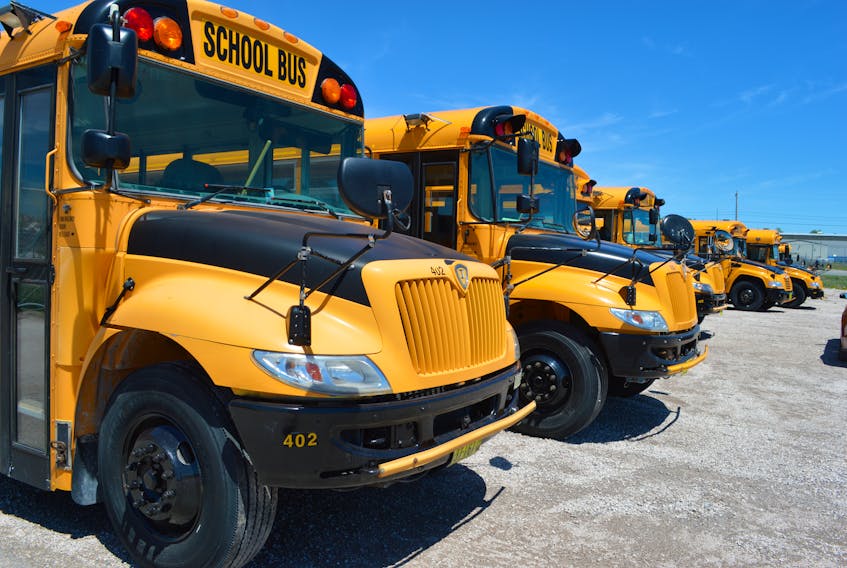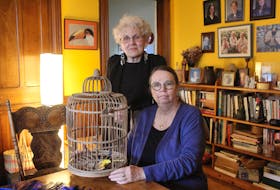Should we be sending children back to class in September given the COVID-19 risk?
Atlantic Canadians gave a complicated spectrum of responses to that question in an online survey published Friday, but overall the answer appears to be yes.
“With a few exceptions, there’s a clear desire to get children back in classrooms in September,” Margaret Brigley, CEO of Narrative Research, said in an interview.
Responses from about 3,300 Atlantic Canadians were received in the survey conducted Aug. 5-9. Narrative Research broke the possible scenarios down into three broad categories: in-person classes with safety precautions in place; a blend of in-person and remote learning; and only remote learning. The respondents included parents of school-aged children, as well as non-parents.
Among parents, the overall trend across the four provinces indicated the younger the children, the greater the preference for in-person classes only, as long as safety precautions such as social distancing and masks are in place.
For example, about 70 per cent of parents of pre-schoolers favoured in-person classes only. That number dropped to 56 per cent for parents of elementary students, 43 per cent for junior high parents, 38 per cent for high school parents and 30 per cent for parents of university or college students.
“As the student gets a little older, there is more acceptance of a mix of in-person and remote learning, but by and large we see that there is no burning desire to have only remote learning,” Brigley said.
Only Nova Scotia parents leaned slightly more toward a blend of in-person and remote learning as opposed to strictly in-person classes. In that province, 44 per cent favoured a blend and 43 per cent preferred in-person classes. The percentage breakdown was similar in the other provinces, only parents slightly favoured in-person classes compared to the blended model.
The exception was in Prince Edward Island, where 49 per cent of parents said yes to in-person classes, compared to 41 per cent for the blended model.
Among people without children, support for the blended model was generally higher. That was particularly the case in New Brunswick, where 54 per cent of non-parents favoured a mix of remote and in-person learning.
“If we think back to the spring, parents — particularly those with younger children — they had to assume some home school responsibilities,” Brigley noted, so it’s perhaps not surprising their attitude would lean more toward “let’s have teachers do the teaching.”
Provincial governments have laid out different approaches to education because of COVID-19.
On Friday, Nova Scotia announced students in grades 4 to 12 will be required to wear masks in schools when they reopen Sept. 8.
All students in grades 4 to 12 will be required to wear a mask inside schools except if they are seated at their desks while two metres apart and facing in the same direction. They must also be worn in hallways and other common areas if a two-metre distance cannot be maintained.
Staff also must wear masks when social distancing isn't possible.
Nova Scotia's original plan had mandated masks only for older students and not in classrooms.
Education Minister Zach Churchill also announced $40 million will be spent to hire more teachers, cleaners and other staff, as well as supplies such as masks.
On Thursday, New Brunswick said its plan will mandate the use of masks outside classrooms for grades 6 to 12, while it will be “encouraged” for students from Kindergarten to Grade 5. Class sizes will be reduced in Kindergarten to Grade 5, and social distancing will be promoted in higher grades.
The P.E.I. plan focuses more on social distancing, with “strong recommendations” only for older students to wear masks. In Newfoundland and Labrador, the school plan will depend on the level of COVID-19 at that time. In the worst-case scenario, classes will not resume.









